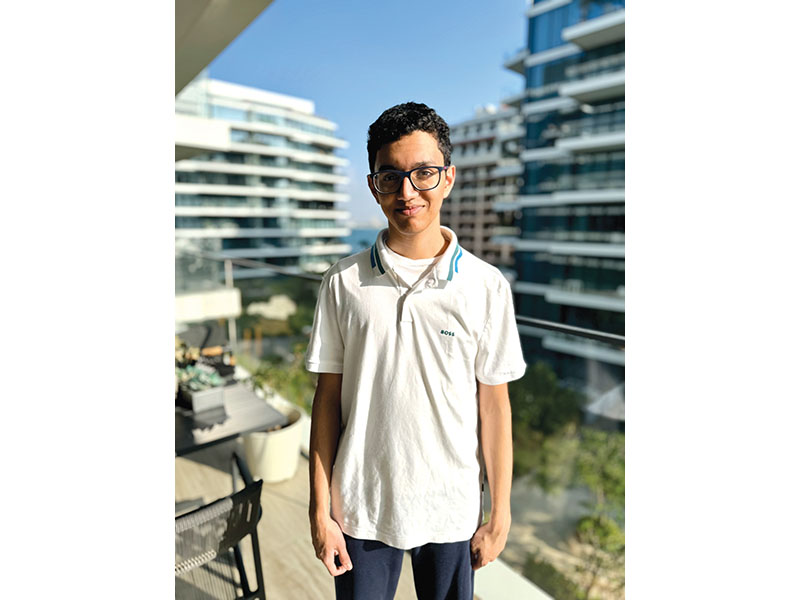Nasrin Modak Siddiqi (Mumbai)

This articulate teen has addressed several international forums including TEDxGateway Mumbai in 2018, the Seed and Chips Summit (2019), The Economic Times Global Business Summit (2019), and the United Nations High-Level Political Forum 2020. Fully supported by his parents, in 2019 Haazik registered the Ervis Foundation “to create a generational change in the way students associate with marine ecosystems and how they can help preserve them.”
The elder of two children of Sarfaraz Kaizi, a Dubai-based IT professional and Nilofer, a homemaker, Haazik began his oceans cleansing crusade when he was just nine, and a student of the top-ranked Indus International School, Pune. “In 2013, I was deeply moved by a photograph of a dead whale washed ashore which had died of intestinal blockage because of plastic waste. Subsequent research indicated that there are 5 trillion pieces of plastic in the world’s oceans. The idea for Project Ervis struck me while washing my hands at a sink. The prospect of building similar ‘sinks’ in the ocean inspired me to start this initiative,” he says.
At age ten, Haazik used simple cardboard, a pot lid and an inflatable swimming tube to build the prototype of Ervis. “My parents have been pillars of support. I am equally grateful to my mentor, Dr. Ash Pachauri of the Protect Our Planet movement, with whom I had a chance encounter at a TedEx talk, for supporting my foundation,” says the teen whiz, who moved to the US in 2021.
Committed to saving the world’s endangered oceans from plastic wastes pollution, Haazik’s next project is an underwater drone to measure the quality of marine ecosystems. “I want to study environmental sciences after school. We need to enter an era of positive co-existence with the environment and utilise the gift of our natural resources to build a globally sustainable ecosystem,” says this dedicated marine ecologist.
Fair winds!